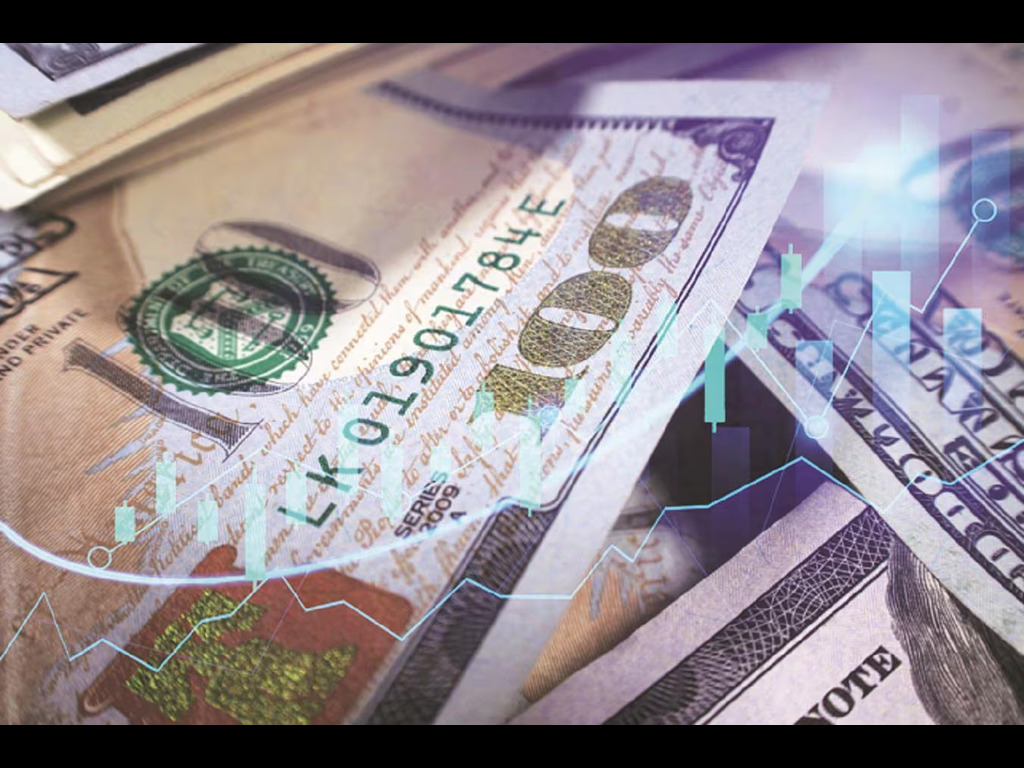Indonesia’s Nickel Boom: How It Impacts Global Markets and Trading Opportunities
This analysis by EBC Financial Group explores Indonesia’s role in the EV supply chain, China’s influence on its nickel industry, and the environmental challenges tied to its rapid growth. We’ll also highlight actionable insights for traders looking to capitalise on these developments.
1. Indonesia’s Role in EV Battery Production
Nickel is an essential material for lithium-ion batteries, which power electric vehicles. As demand for EVs surges globally, Indonesia’s vast nickel reserves have become a cornerstone of the green energy transition. The country’s 2020 ban on raw nickel-ore exports was a pivotal move, encouraging domestic value creation through refining and battery manufacturing.
Key Developments:
- Indonesia is home to 21 million tons of nickel reserves, accounting for approximately 24% of global reserves.
- The country has attracted significant foreign investment, including partnerships with Hyundai, LG Chem, and Foxconn, to establish battery production facilities.
Market Impact:
- The growing demand for nickel-rich batteries is driving up global nickel prices. As of 1 April 2025, Indonesian nickel prices reached $16,500 per ton, a 10% increase since the start of the year.
- Traders should monitor price movements closely as Indonesia continues to expand its production capacity with new High-Pressure Acid Leaching (HPAL) facilities targeting battery-grade nickel.
Actionable Insight:
Keep an eye on Class 1 nickel (used in EV batteries) versus Class 2 nickel (primarily for stainless steel) markets. The divergence between these categories creates unique trading opportunities.
2. China’s Influence on Indonesia’s Nickel Industry
China has played a dominant role in shaping Indonesia’s nickel sector. Since the export ban in 2020, Chinese firms have invested over $30 billion in smelters and processing facilities. These investments have fast-tracked Indonesia’s integration into the global EV supply chain but have also raised concerns about overreliance on Chinese capital.
Key Facts:
- Chinese companies control roughly 75% of Indonesia’s nickel production capacity.
- The Morowali Industrial Park in Sulawesi is a prime example of China-backed infrastructure development, housing Asia’s largest nickel processing park.
Market Impact:
- The close ties between Indonesian producers and Chinese buyers influence global nickel pricing mechanisms. Traders should watch for policy shifts aimed at reducing Chinese dominance, such as efforts to align with US tax incentives under the Inflation Reduction Act.
Actionable Insight:
Monitor geopolitical developments and trade agreements that could impact Indonesia-China relations or shift investment flows toward other regions.
3. Environmental Challenges in Nickel Mining
While Indonesia’s nickel boom supports the green energy transition, it has come at an environmental cost. Mining activities have led to deforestation, water pollution, and carbon-intensive operations powered by coal.
Key Issues:
- Nickel mining on islands like Halmahera has cleared over 5,000 hectares of forest and displaced local communities.
- The carbon intensity of HPAL operations raises concerns for EV manufacturers seeking low-emission supply chains.
Market Impact:
- Growing scrutiny over environmental practices could lead to stricter regulations or premium pricing for responsibly sourced nickel. Traders should anticipate potential disruptions or price hikes tied to sustainability initiatives.
Actionable Insight:
Focus on companies with strong environmental credentials or those operating in regions with stricter sustainability standards.
4. Diversification and Future Outlook
Indonesia is actively seeking to diversify its investment base beyond China by attracting partnerships with companies from South Korea, Japan, and Europe. This diversification aligns with its long-term goal of becoming a leading EV manufacturer and exporter by 2045.
Key Developments:
- New industrial parks like Batang Integrated Industrial Park aim to attract non-Chinese investors.
- Partnerships with global players such as Hyundai and LG Chem bring advanced technology and expertise to Indonesia’s EV ecosystem.
Market Impact:
- Diversified investments could stabilise the industry and reduce risks associated with overreliance on a single market. This creates opportunities for traders to explore broader commodity trends tied to Indonesia’s industrial growth.
Actionable Insight:
Track new investment announcements and their potential impact on commodity prices or related equities in sectors like mining and renewable energy.
Conclusion: Opportunities for Traders in Indonesia’s Nickel Boom
Indonesia’s strategic position as the world’s largest nickel producer makes it a critical player in the global green economy. Its policies are reshaping supply chains, influencing commodity prices, and driving investment flows into key industries like EV manufacturing and renewable energy.
For traders, understanding these dynamics offers a wealth of opportunities. Whether it’s tracking Class 1 versus Class 2 nickel prices or monitoring geopolitical shifts that impact trade flows, staying informed about Indonesia’s evolving role is essential for navigating this rapidly growing market.
Disclaimer: This material is for general information purposes only and is not intended as (and should not be considered to be) financial, investment or other advice on which reliance should be placed. No opinion given in the material constitutes a recommendation by EBC or the author that any particular investment, security, transaction or investment strategy is suitable for any specific person.








